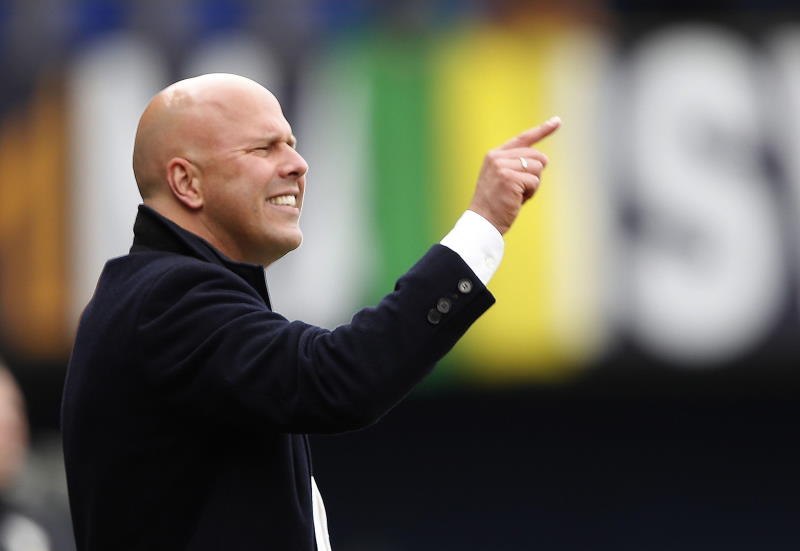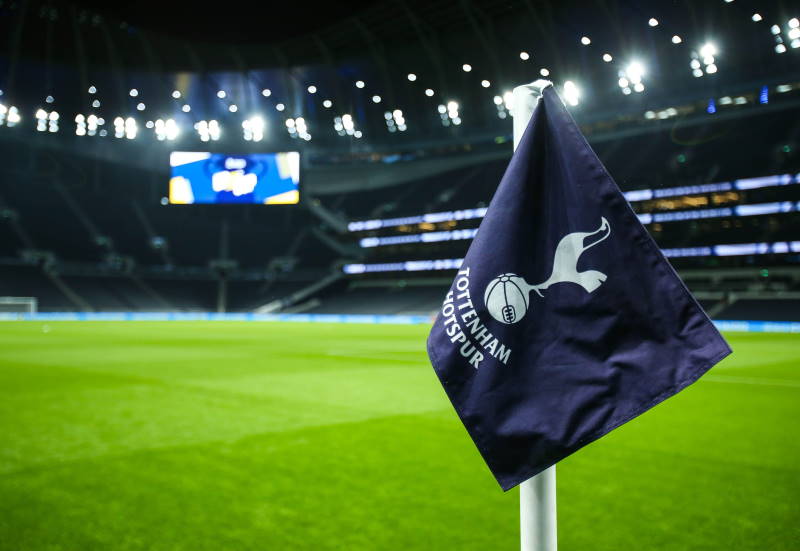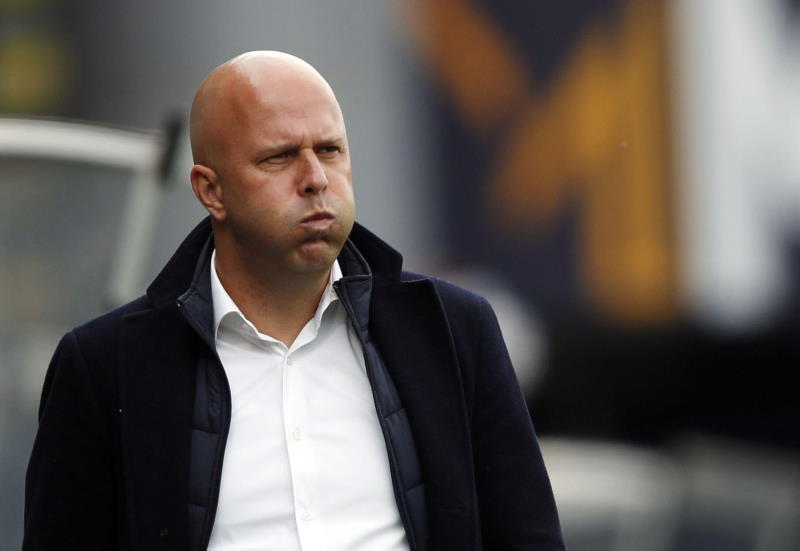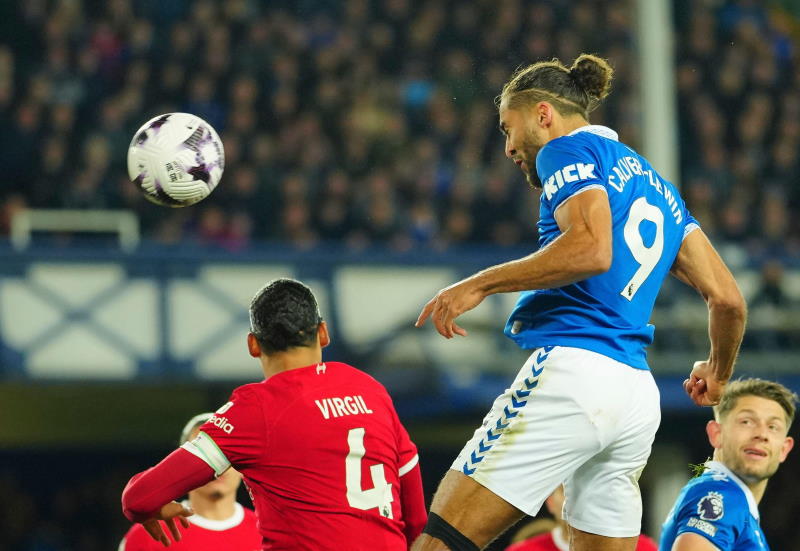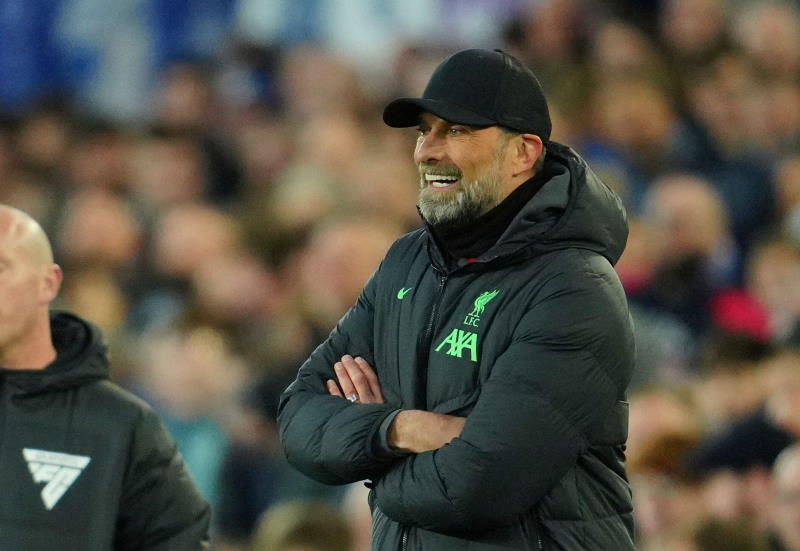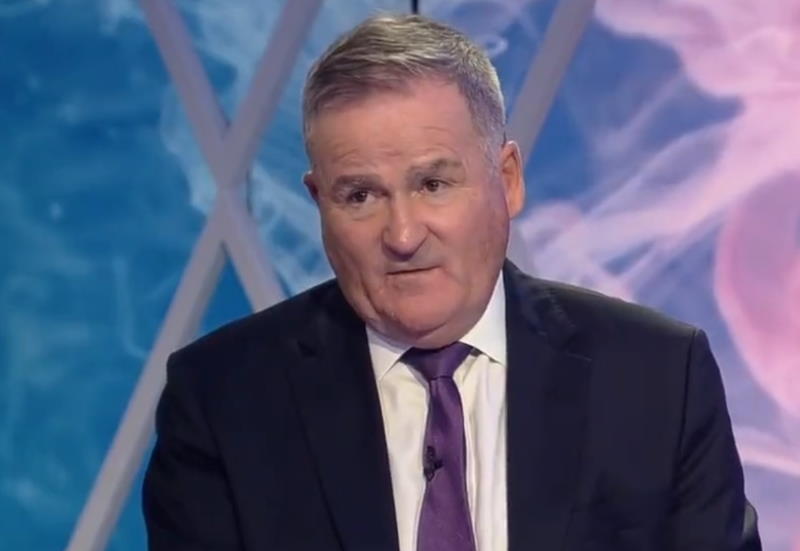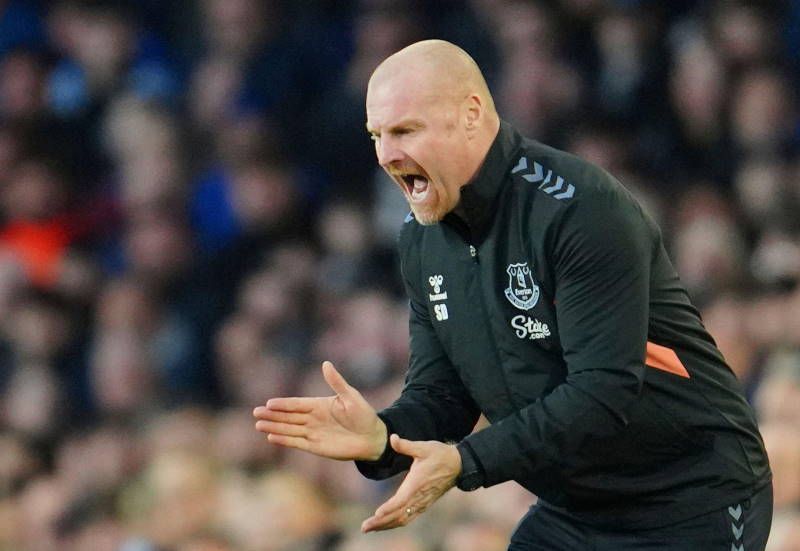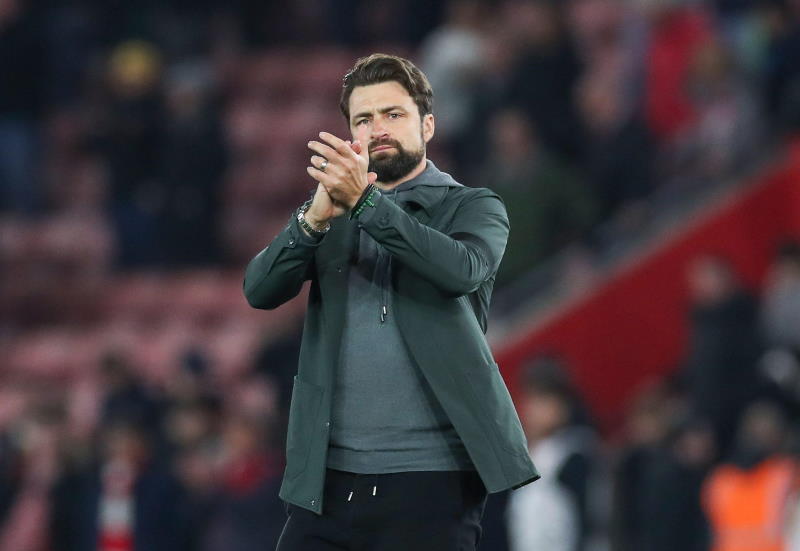
Jozef Venglos was a pioneering pathfinder, without whom there would have been no Arsene Wenger, Rafael Benitez, Carlo Ancelotti or, er, Juande Ramos. When Aston Villa appointed him as manager in 1990, Venglos became the first overseas boss to grace the English top flight. He only stayed for a year, but he had at least opened a previously closed door.
In a season that saw Arsenal take the league title after losing just one game, Aston Villa spent most of those months at the other end of the table. By the end of September, they’d suffered defeat at the hands of Liverpool, Manchester City and Tottenham, and the signs weren’t good.
It wasn’t all doom and gloom, however; wins against Coventry, Derby and Sunderland gave the fans plenty to shout about, and the forthcoming struggle wasn’t particularly apparent. In the UEFA Cup, an impressive 2-0 first leg triumph over the mighty Inter Milan showed signs of class, but a 0-3 reverse in the second leg served to sum up the season.
The rest of the campaign was a case of one step forward and six steps back, with the occasional victory interspersed with four or five winless games. Ultimately, it was only Villa’s home form that saved them from the drop, with seven of their nine league victories occurring in front of the Holte End.
Venglos, or Dr Venglos to give him his proper title (it’s not clear whether he was a Doctor of Soccerology or not), had an impressive managerial pedigree, after a long playing career with Slovan Bratislava.
To say Venglos is well-travelled is a little like saying Lady Gaga is a mild extrovert. He’s managed in Australia, Czechoslovakia, Portugal, Malaysia, England, Turkey, Oman, Scotland and Japan. Rumour has it that he’s got enough Air Miles to get to Venus and back, and still have enough left for a weekend in Benidorm in the summer.
He appeared on the Villa board’s radar after leading Czechoslovakia to the quarter-finals of Italia 90. A close 1-0 defeat to eventual champions West Germany was enough to halt their progress, but the manager had done enough to get himself noticed.
However, despite successes elsewhere, Venglos’s time in England wasn’t a happy one. Villa had finished second in the previous season, and the optimists among their supporters were looking for silverware as soon as the good doctor parked his BMW in the staff car park.
A squad that included the likes of Paul McGrath, David Platt and Gordon Cowans was too talented to be scrabbling around in the bottom half of the division, especially considering they’d previously been runners-up, the vital springboard to a league title, so the manager was invited to head off into the sunset just a year after being appointed.
The Aston Villa board, under the legendary Doug Ellis, should be applauded for having the vision to appoint a continental manager, at a time when the English game was slowing choking to death on its own insularity. The fact that Venglos wasn’t a particular success shouldn’t overshadow the bravery of their appointment.
However, normal service was soon resumed. The following season, Ron Atkinson, that most English of English managers, was jangling his jewellery in the manager’s seat instead. Villa finished seventh, as opposed to seventeenth under Venglos, while the good doctor was plying his trade in Turkey at Fenerbahce.
In 1998, Venglos re-surfaced at Celtic, but a 5-1 demolition in an Old Firm game was the only bright spot in a season that saw them lose the league title, and the Scottish FA Cup, to their bitter rivals from Ibrox.
Now, almost 20 years after Venglos took the helm at Villa, his name is remembered by a dwindling number of their fans. Although the city of Birmingham wasn’t the most trophy-laden stop on his world tour, at least he blazed a trail for future overseas managers.
If he hadn’t been the first one to barge the door down, we wouldn’t have had the likes of Jacques Santini, Alain Perrin and Egil Olsen. Thanks, doctor.

